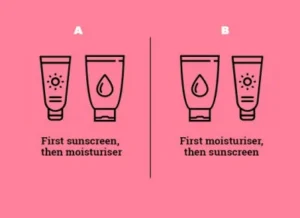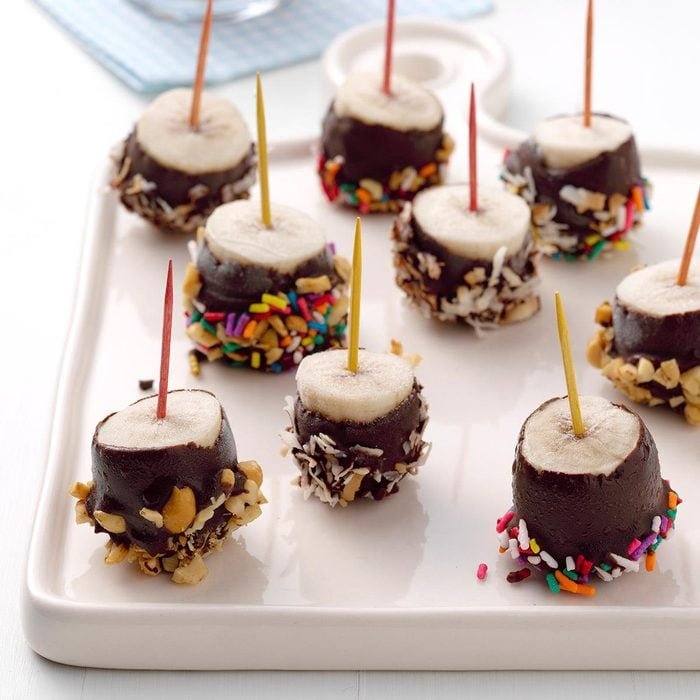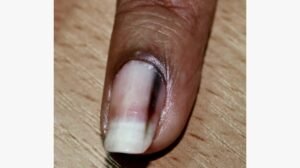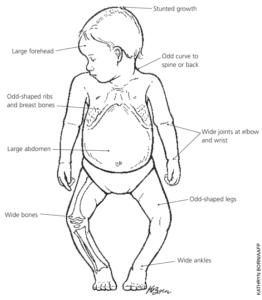How to Care for Brittle Hair

Guide to Caring for Brittle Hair
Read Time: 7 mins
Brittle hair, characterized by dryness and fragility, can be a frustrating issue. It often results from a lack of moisture, leading to split ends, frizz, and a straw-like texture. This comprehensive guide explores the causes, symptoms, and effective strategies to restore moisture and vitality to brittle hair, ensuring it stays healthy and vibrant.
Understanding Brittle Hair
Brittle hair occurs when the hair shaft loses its natural moisture, making it prone to breakage and damage. Factors like overwashing, heat styling, chemical treatments, or environmental conditions can strip hair of its essential oils. Additionally, internal factors such as hormonal imbalances or nutritional deficiencies may contribute to this condition.
Symptoms of Brittle Hair
Identifying brittle hair is straightforward. Look for these common signs:
- Dryness: Hair feels rough and lacks softness.
- Frizziness: Strands appear unruly and difficult to manage.
- Dullness: Hair lacks shine and appears lifeless.
- Split Ends: Ends are frayed or split, indicating breakage.
- Breakage: Hair snaps easily, especially when brushed or styled.
Causes of Brittle Hair
Several factors can lead to brittle hair, ranging from external habits to internal health conditions. Understanding these causes is key to addressing the issue effectively.
External Factors
- Overwashing: Frequent shampooing strips natural oils, leaving hair dry.
- Harsh Products: Sulfate-laden shampoos or chemical treatments (e.g., bleach, relaxers) weaken hair.
- Heat Styling: Excessive use of blow dryers, curling irons, or straighteners damages hair cuticles.
- Environmental Exposure: Dry air, UV rays, or chlorine from pools can dehydrate hair.
- Tight Hairstyles: Braids, ponytails, or weaves that pull on the scalp stress hair strands.
Internal Factors
- Hormonal Changes: Menopause or thyroid disorders can thin hair and increase fragility.
- Nutritional Deficiencies: Lack of vitamins like biotin, zinc, or vitamin E affects hair health.
- Genetic Conditions: Rare disorders like Menkes syndrome impair nutrient absorption, leading to brittle hair.
How to Restore and Protect Brittle Hair
Reviving brittle hair requires a combination of proper haircare practices, nourishing products, and lifestyle adjustments. Follow these expert-backed strategies to hydrate and strengthen your hair.
Choose the Right Haircare Products
Selecting products tailored to your hair type is crucial for maintaining moisture and preventing further damage.
- Moisturizing Shampoos: Opt for sulfate-free shampoos with hydrating ingredients like coconut oil, shea butter, or aloe vera.
- Conditioners: Use a rich conditioner after every wash to lock in moisture. Focus on the mid-lengths and ends.
- Leave-In Treatments: Apply leave-in conditioners or oils (e.g., argan or vitamin E oil) for ongoing hydration.
- Specialty Products: For chemically treated or curly hair, choose products designed to repair and protect.
Adjust Your Haircare Routine
Simple tweaks to your daily routine can significantly improve hair health.
- Wash Less Frequently: Limit shampooing to 2–3 times a week to preserve natural oils.
- Avoid Heat Styling: Air-dry hair when possible, or use heat tools on the lowest setting with a heat protectant.
- Gentle Drying: Pat hair dry with a microfiber towel instead of vigorous rubbing.
- Scalp-Focused Shampooing: Apply shampoo to the scalp and let it rinse through the ends to avoid stripping moisture.
- Condition Properly: Distribute conditioner from mid-strand to ends for maximum hydration.
Protect Hair from Environmental Damage
Shielding your hair from external stressors helps maintain its moisture balance.
- Sun Protection: Wear a hat or scarf to block UV rays during outdoor activities.
- Swim Caps: Use a swim cap to protect hair from chlorine or saltwater.
- Humidifiers: In dry climates or air-conditioned spaces, use a humidifier to add moisture to the air.
Nourish Your Body for Healthy Hair
A balanced diet and proper hydration support hair strength from within.
- Nutrient-Rich Foods: Incorporate foods high in vitamins A, C, E, biotin, and zinc (e.g., eggs, avocados, nuts, and leafy greens).
- Hydration: Drink at least 8 glasses of water daily to keep hair hydrated.
- Limit Alcohol: Excessive alcohol consumption can dehydrate hair and scalp.
Gentle Haircare Practices
Adopting careful handling techniques prevents further damage to brittle hair.
- Regular Trims: Schedule trims every 6–8 weeks to remove split ends.
- Silk Bedding: Sleep on a silk pillowcase to reduce friction and breakage.
- Wet Hair Caution: Avoid brushing wet hair; use a wide-tooth comb instead.
- Soft Brushes: Use a paddle brush with flexible bristles to minimize pulling.
Special Tips for Black Hair
Black hair is naturally more prone to dryness due to its coiled structure, which makes it harder for scalp oils to travel down the hair shaft. These targeted tips can help:
- Hot Oil Treatments: Apply warm coconut or olive oil twice a month to hydrate and strengthen hair.
- Professional Relaxers: Limit relaxer use to every 8–10 weeks and have it done by a professional to minimize damage.
- Low-Heat Styling: Straighten hair with a ceramic comb or iron at the lowest temperature, no more than once a week.
- Loose Protective Styles: Ensure braids or weaves are not too tight to avoid scalp stress.
- Heat Protectants: Always apply a heat protectant spray before styling to shield hair.
When to Seek Professional Help
While most cases of brittle hair can be managed with at-home care, persistent issues may signal an underlying health problem. Consult a healthcare provider or dermatologist if:
- Hair remains brittle despite improved care routines.
- You experience sudden hair thinning or loss.
- You suspect hormonal imbalances (e.g., thyroid issues) or nutritional deficiencies.
A professional may recommend blood tests to check for vitamin levels, thyroid function, or hormonal imbalances and suggest treatments like supplements or medications.
Key Takeaways
- Brittle hair results from moisture loss due to overwashing, heat styling, chemicals, or internal factors like hormonal imbalances.
- Restore hair health with moisturizing products, gentle care routines, and a nutrient-rich diet.
- Protect hair from environmental damage with hats, swim caps, and humidifiers.
- For persistent issues, consult a professional to rule out underlying medical conditions.
Frequently Asked Questions
Why is vitamin E oil beneficial for hair?
Vitamin E oil is a powerful antioxidant that nourishes the scalp, strengthens hair follicles, and adds shine. It helps repair damaged hair and protects against environmental stressors.
Can aging cause brittle hair?
Yes, aging, particularly during menopause, can lead to hormonal fluctuations that thin hair and increase breakage, resulting in a brittle texture.
How does coconut oil help brittle hair?
Coconut oil penetrates the hair shaft to provide deep hydration, reduce protein loss, and protect against breakage, making it ideal for brittle hair.
Join Our Community
For more haircare tips and personalized advice, subscribe to our newsletter! Get weekly updates on healthy hair practices and product recommendations.






